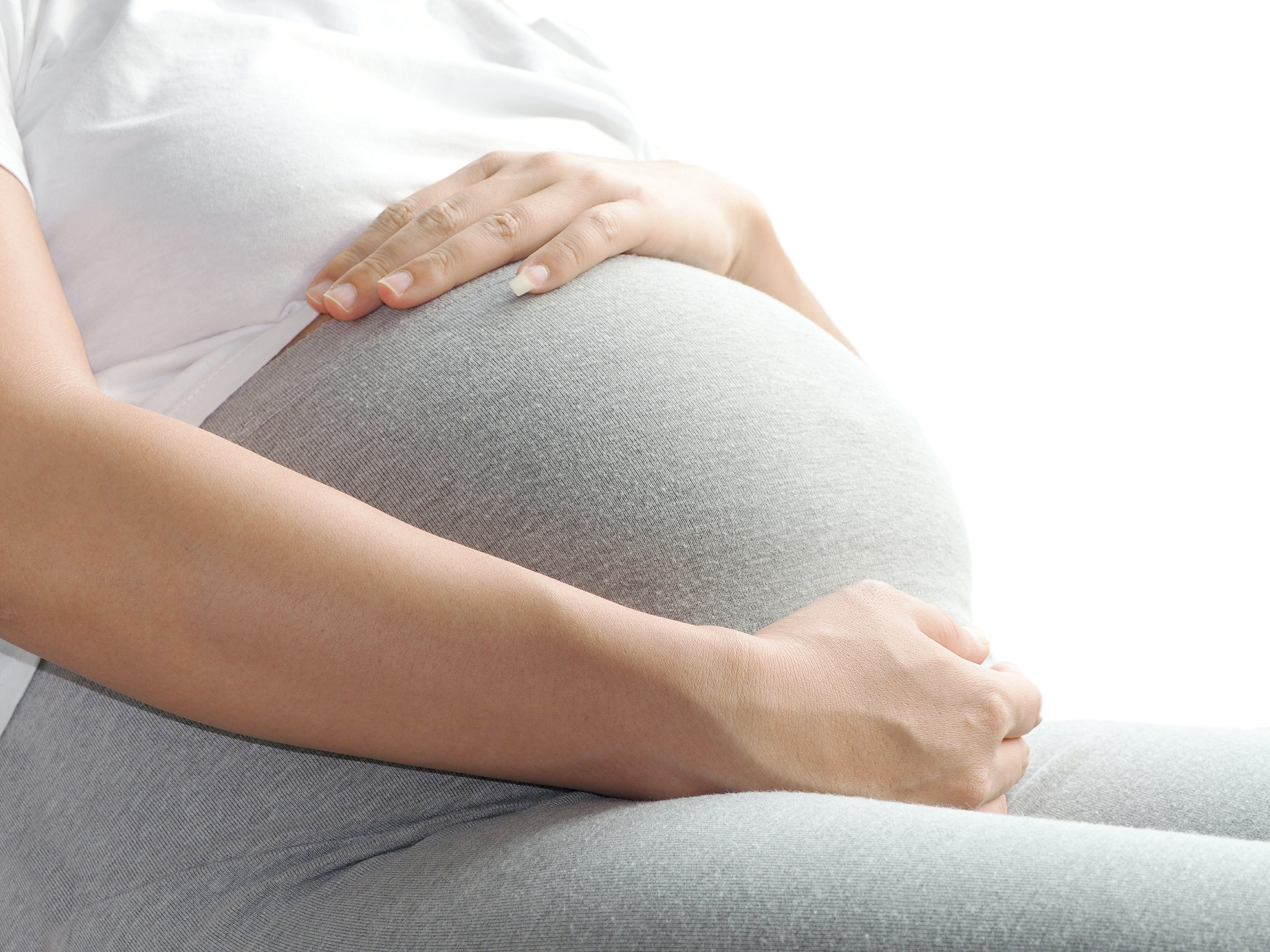
A new study found that parental age plays a crucial factor during childbirth through IVF with a male partner over 40 and above likely to negatively affect the birth rate.
According to the study, women who were between 35 and 40 and had a partner over 40 and above were less likely to conceive.
The research looked at 19,000 IVF cycles. The study found that eggs from a younger female have the capacity to repair DNA damage from aging male sperm. The research found when the woman is over 40 the egg quality lowers and it is less likely to repair damage found in the sperm.
Earlier, only a woman’s age was considered significant

Normally, a woman’s age was considered to be a significant determinant during childbirth; nevertheless, the researchers advised against ignoring parental age and the focus on a women’s biological clock should not be the sole focus.
Professor Geeta Nargund, one of four authors who contributed to the study, said: “For too long the burden has been on women, and the man’s contribution for the short- and long-term risks to the offspring associated with advanced paternal age have been largely ignored.”
The age of men and women in more than 19,000 IVF and ICSI cycles was examined in the UK study. The study found a drop in childbirth when the parental age was between 40 and 44 to 27 percent compared to 32 percent when the parents were under 35.
The study observed that childbirth fell to 25 percent when a male partner was over 55 years old.
